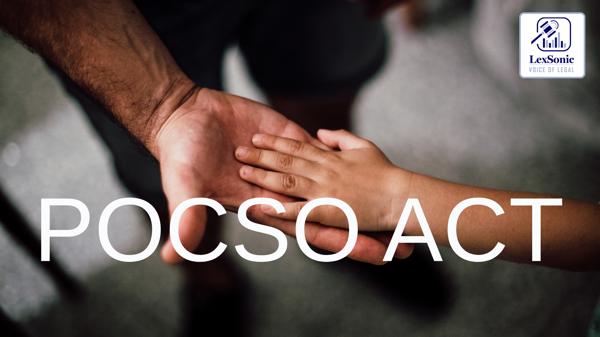Supreme Court Grants Bail to Chhattisgarh School Principal Accused Under POCSO and Juvenile Justice Acts.
17 September 2025
POCSO >> Criminal Law | Juvenile Justice >> Miscellaneous
The Supreme Court on Wednesday dismissed a Chhattisgarh High Court order and allowed bail for a school principal who has been charged with offenses under the Bharatiya Nyaya Sanhita (BNS), the Protection of Children from Sexual Offences Act, 2012 (POCSO), and the Juvenile Justice Act, 2015.
Background of the Case:
The appellant, Anil Kumar Magre, a school principal in Kawardha, District Kabirdham, was booked under an FIR dated 10 December 2024 (No. 0751/2024). The case invoked Sections 74, 75(2) and 78(2) of the BNS, Sections 8 and 12 of the POCSO Act, and Section 75 of the Juvenile Justice Act.

The High Court of Chhattisgarh had, on April 1, 2025, refused his request for regular bail on the grounds of gravity of charges and that evidence of students and teachers was recorded against him. Disgruntled, Magre went to the Supreme Court.
Arguments Advanced:
The defense counsel for the appellant protested that the allegations were unsubstantiated and had been heightened at later stages through embellishments and upgrades. He brought to notice that the appellant was in judicial custody for nearly ten months, but out of 22 prosecution witnesses mentioned, only seven had been examined. The tardy trial progress, he submitted, justified the grant of bail.
It was further contended that the charges were purportedly prompted by personal animosity, since one of the instructors, who was not appointed the principal, had brought complaints against him "in revenge."
Alternatively, the State's lawyer opposed bail, emphasizing that various statements from students as well as faculty members indicated grave misbehavior on the part of the accused, and therefore a relaxed attitude would compromise the trial.
Supreme Court's Findings:
After listening to both sides, a Bench consisting of Justice B.V. Nagarathna and Justice R. Mahadevan directed that considering the extended custody of the appellant, the slow progress of trial, and half-way house evidence, a case for grant of bail was made out. The Court held that since granting bail at this juncture was required to balance the accused's right with the interest of justice, the directions issued were:
The appeal was permitted by the Supreme Court and the following was ordered:
- The appellant be produced before the trial court as soon as possible.
- The trial court shall grant him bail on such conditions as it may deem fit to secure his appearance.
- The trial will be cooperative on the part of the appellant, the non-influence of witnesses, and non-tampering with evidence.
- Any breach shall entail automatic cancellation of bail.
Significance:
This decision reaffirms the Court's stand that in long-running trials, particularly where a major part of custody already has been endured and evidence is incomplete, bail is not to be denied mechanistically. The order also emphasizes that tough conditions will continue to be in effect to ensure the integrity of the proceedings underway.
Protection of Children from Sexual Offences Act, 2012
